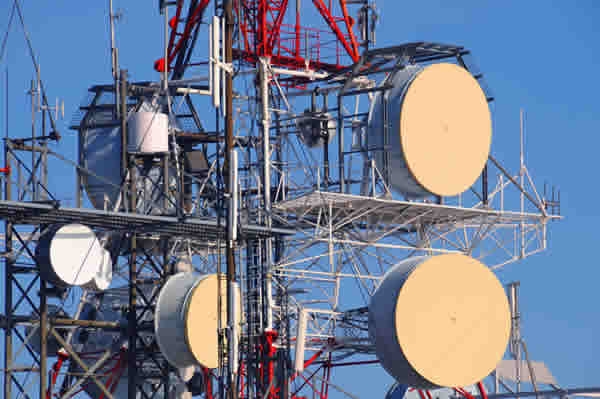The leadership of the telecommunications sector union has urged the Nigeria Labour Congress (NLC) to reconsider its planned protest against the federal government-approved 50 percent increase in telecom service tariffs.
In a letter addressed to the NLC president and the National Administrative Council, the union’s general secretary, Comrade Okonu Abdullahi, argued that the tariff hike was necessary to prevent the sector’s collapse amid rising operational costs.
The union expressed concern over the NLC’s decision to mobilise workers for a nationwide demonstration on February 7, 2025, without consulting stakeholders in the telecom industry.
According to the letter, the sector has been struggling with skyrocketing expenses due to the removal of fuel subsidies, increased electricity tariffs, and the naira’s depreciation.
The letter highlighted that the cost of Automated Gas Oil (AGO) used to power telecom base stations surged from N842.25 to N1,441.28 since May 2023, while petrol prices for engineers maintaining these sites rose from N198 to over N1,030.
Additionally, the fluctuating foreign exchange rate, with the naira dropping from N460 to N1,700 per dollar, has made it increasingly difficult for telecom operators to import essential equipment.
Abdullahi warned that without the tariff adjustment, telecom companies might be forced to implement service cuts, leading to job losses and disruptions in critical sectors such as finance and security. He also noted that workers in the telecom industry have not benefited from wage increases like their counterparts in other sectors due to the financial strain on employers.
The union urged the NLC leadership to rescind the protest directive, emphasising that the tariff increase is the only viable solution to sustaining the sector. “If the sector collapses, other industries will suffer,” the letter warned, adding that continued resistance to the price adjustment could lead to mass layoffs and unreliable network services.


